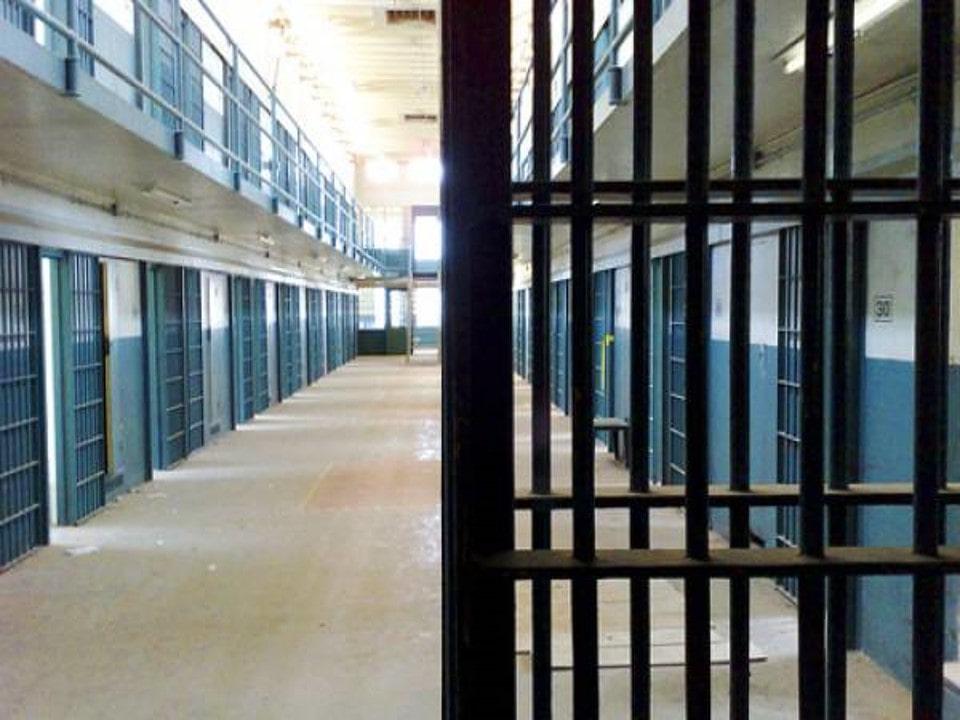
Inside the World of Forensic Psychologists in Police Departments
Ever wonder what police psychologists really do?
A recent survey gives a clear picture. About 37% of their work is counseling police officers and their families. Mental health matters, even for people in high-pressure jobs. Another 32% is spent on screening and selecting new officers. They make sure the right people join the force. The remaining 31% goes into training and improving the overall organization. They do a lot more behind the scenes than most of us realize.
Related: What is Forensic Psychology?
How Do Psychologist Evaluate Police Candidates?
How do they decide if someone can be a cop? They use several techniques and conduct personal interviews to learn about the candidate beyond the resume. Moreover, they hold special law-enforcement interviews tailored to the job. They observe candidates in high-pressure or unusual situations. They administer clue tests and psychological assessments, including personality tests. This thorough process finds officers who can handle the job’s mental and emotional challenges.
Role of forensic psychologists in corrections
Forensic psychologists working in corrections play a vital role behind the scenes. They work closely with inmates, probationers, and parolees to support mental health and rehabilitation. Their job involves administering psychological assessments, interpreting the results, and preparing detailed reports. Some common assessments include the MMPI (Minnesota Multiphasic Personality Inventory), suicide and lethality evaluations, and cognitive testing. But it’s not just testing. These psychologists develop and run both individual and group therapy sessions. They focus on areas like substance abuse, sex offender treatment, anger management, domestic violence counseling, and cognitive intervention counseling. In short, forensic psychologists in corrections help individuals work through their challenges and reduce the risk of reoffending—making a real impact on safety and recovery.
Role of Forensic Psychologists in Assessment: When Are Inmates Psychologically Assessed?
Inmates go through psychological assessments at key points during their time in the correctional system. The first assessment usually happens right when they enter the system to understand their mental health needs.
Psychologists also step in when decisions are being made about the inmate’s release back into the community. These assessments help determine if they’re ready to reintegrate safely.
Assessments are crucial during psychological crises, providing timely support and intervention.
And in cases involving the death penalty, psychologists evaluate the inmate’s competency to be executed, ensuring legal and ethical standards are met.
